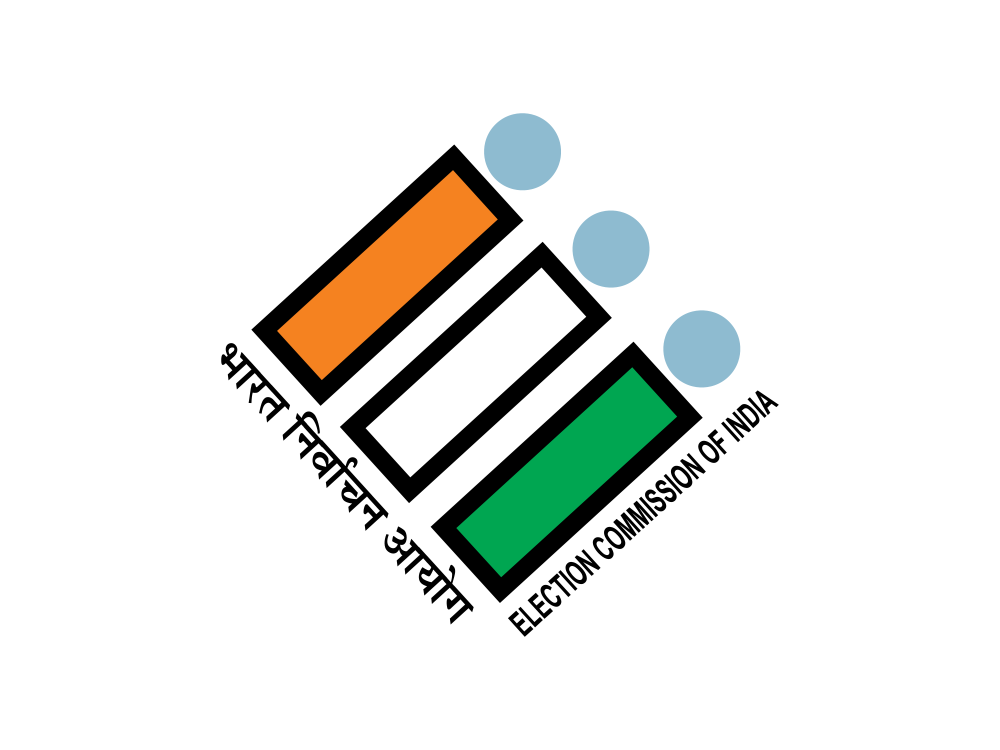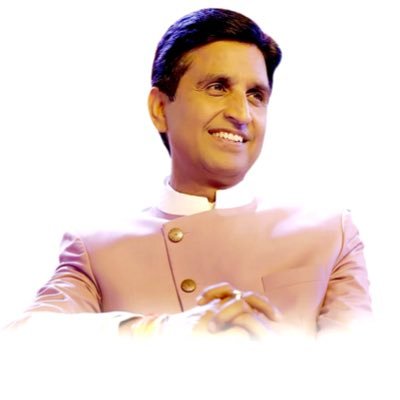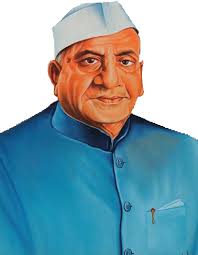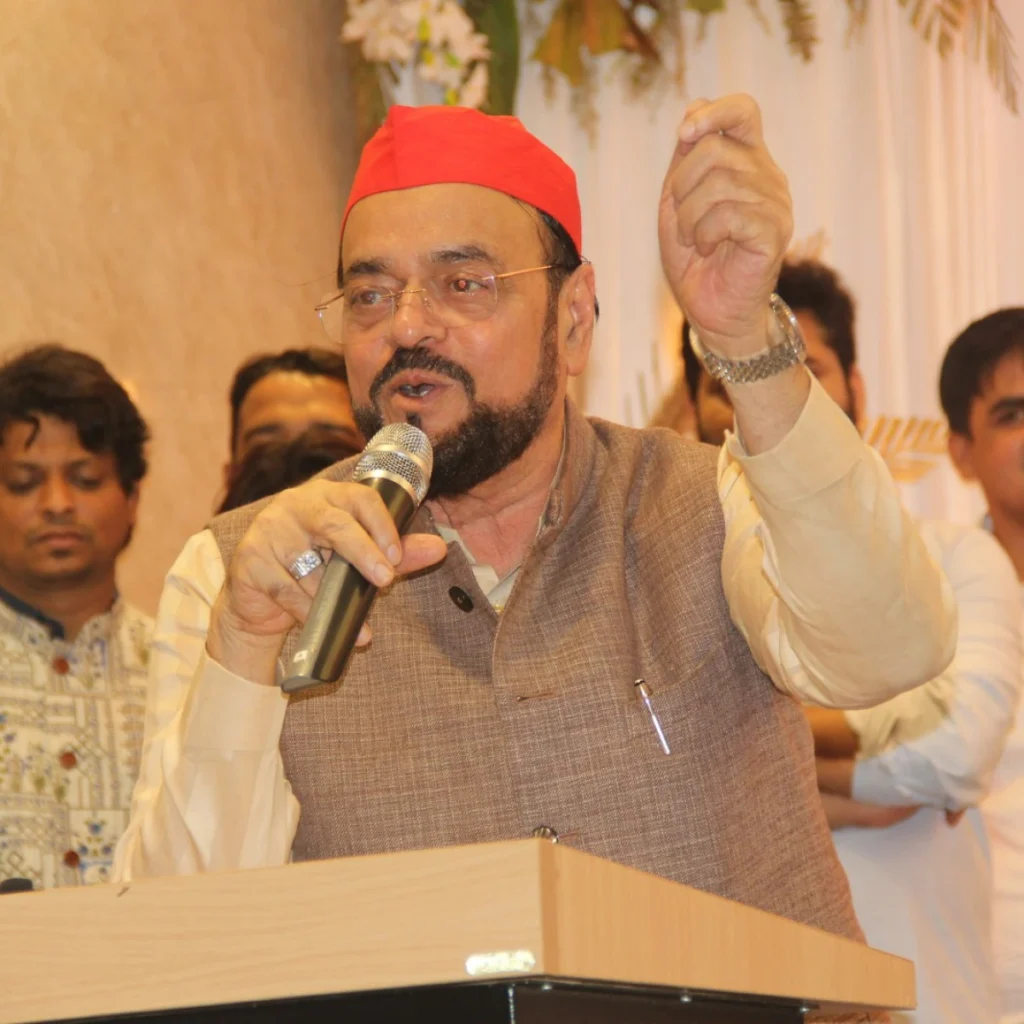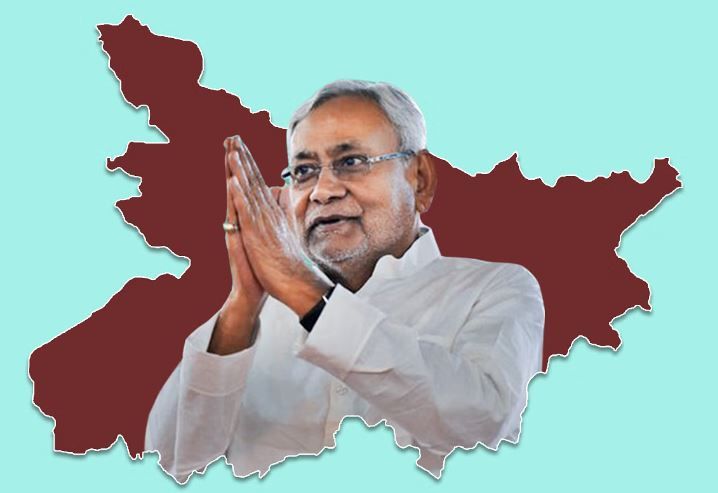The Election Commission of India (ECI), commonly referred to as the “Indian Nivadnuk Aayog” in Hindi, is an autonomous constitutional authority responsible for administering elections in India. Established on January 25, 1950, the Election Commission operates under the guidance of the Constitution of India and plays a pivotal role in ensuring free and fair elections, which are the cornerstone of India’s vibrant democracy.
Historical Background:
The roots of the Election Commission of India can be traced back to the colonial era when the first general elections were held in 1952 after India gained independence in 1947. Initially, the administration of elections fell under the purview of the President of India, but recognizing the need for an independent body to oversee the electoral process, the Election Commission was established as a separate entity.
Constitutional Framework:
The Election Commission derives its authority and mandate from the Constitution of India, specifically from Article 324, which vests the superintendence, direction, and control of elections in the Commission. This constitutional provision grants the Election Commission significant powers and autonomy to conduct elections fairly and impartially.
Structure and Composition:
The Election Commission of India typically consists of a Chief Election Commissioner (CEC) and two Election Commissioners, although the President of India may appoint additional Election Commissioners if deemed necessary. The Chief Election Commissioner heads the Commission and is assisted by the other Commissioners and a team of dedicated officials.
Functions and Responsibilities:
The primary function of the Election Commission is to conduct free, fair, and impartial elections at various levels, including parliamentary, state legislative, and local body elections. Some of the key responsibilities of the Election Commission include:
- Electoral Roll Management: The Election Commission oversees the preparation and maintenance of electoral rolls, ensuring that eligible citizens are enrolled to vote and that the rolls are regularly updated.
- Delimitation of Constituencies: The Commission undertakes the delimitation of parliamentary and assembly constituencies based on demographic changes and population shifts, ensuring fair representation for all segments of society.
- Conduct of Elections: The Election Commission is responsible for the smooth conduct of elections, from the issuance of election notifications to the counting of votes and the declaration of results. It sets the electoral schedule, appoints election officials, and monitors the entire process to prevent malpractices.
- Implementation of Electoral Code of Conduct: The Election Commission enforces the Model Code of Conduct, a set of guidelines and ethical standards that political parties and candidates must adhere to during election campaigns to ensure a level playing field.
- Voter Education and Awareness: The Election Commission conducts voter awareness campaigns and outreach programs to educate citizens about the electoral process, voter registration, and their rights and responsibilities as voters.
- Regulation of Political Parties: The Commission registers political parties and regulates their functioning, including the allocation of party symbols and monitoring their finances to ensure transparency and accountability.
- Monitoring Election Expenditure: The Election Commission imposes limits on election expenditure by candidates and political parties and monitors their spending to prevent the influence of money power in elections.
Achievements and Innovations:
Over the years, the Election Commission of India has introduced several innovations and initiatives to enhance the integrity and efficiency of the electoral process. Some notable achievements include:
- Introduction of Electronic Voting Machines (EVMs): The Election Commission pioneered the use of EVMs in Indian elections, replacing traditional paper ballots to streamline the voting process and minimize electoral fraud.
- Implementation of Voter ID Cards: The Commission introduced Voter ID cards as a means of identification for voters, facilitating smoother voter verification and reducing the risk of impersonation.
- Online Voter Registration: The Election Commission launched online voter registration portals to enable citizens to register as voters conveniently and efficiently, enhancing voter participation and inclusivity.
- Voter Verifiable Paper Audit Trail (VVPAT): To enhance the transparency and credibility of EVMs, the Commission introduced VVPAT machines, which provide a paper trail of each vote cast, allowing voters to verify their choices.
- Innovative Voter Outreach Programs: The Election Commission conducts innovative voter outreach programs such as SVEEP (Systematic Voters’ Education and Electoral Participation) to engage with voters, especially youth and marginalized communities, and encourage their participation in the electoral process.
Challenges and Controversies:
Despite its achievements, the Election Commission of India faces several challenges and controversies, including:
- Electoral Malpractices: The Commission grapples with issues such as voter bribery, intimidation, and electoral violence, particularly during elections in regions prone to political unrest or conflict.
- Electoral Integrity: Concerns have been raised about the integrity of EVMs and the vulnerability of electronic voting systems to hacking or tampering, leading to calls for greater transparency and accountability in the electoral process.
- Political Interference: The impartiality of the Election Commission has been questioned at times due to allegations of political bias or influence, highlighting the need for the Commission to uphold its independence and autonomy.
- Electoral Reforms: There is ongoing debate and discussion about the need for electoral reforms to address issues such as campaign finance reform, electoral transparency, and the representation of marginalized communities in the electoral process.
Conclusion:
The Election Commission of India plays a crucial role in upholding the principles of democracy and ensuring the conduct of free, fair, and transparent elections in the world’s largest democracy. Despite facing numerous challenges and controversies, the Commission continues to innovate and adapt to the evolving electoral landscape, striving to strengthen democratic institutions and promote voter participation and engagement. As India continues its journey towards progress and development, the Election Commission remains steadfast in its commitment to safeguarding the democratic rights and freedoms of its citizens, making it a cornerstone of India’s democratic fabric.

